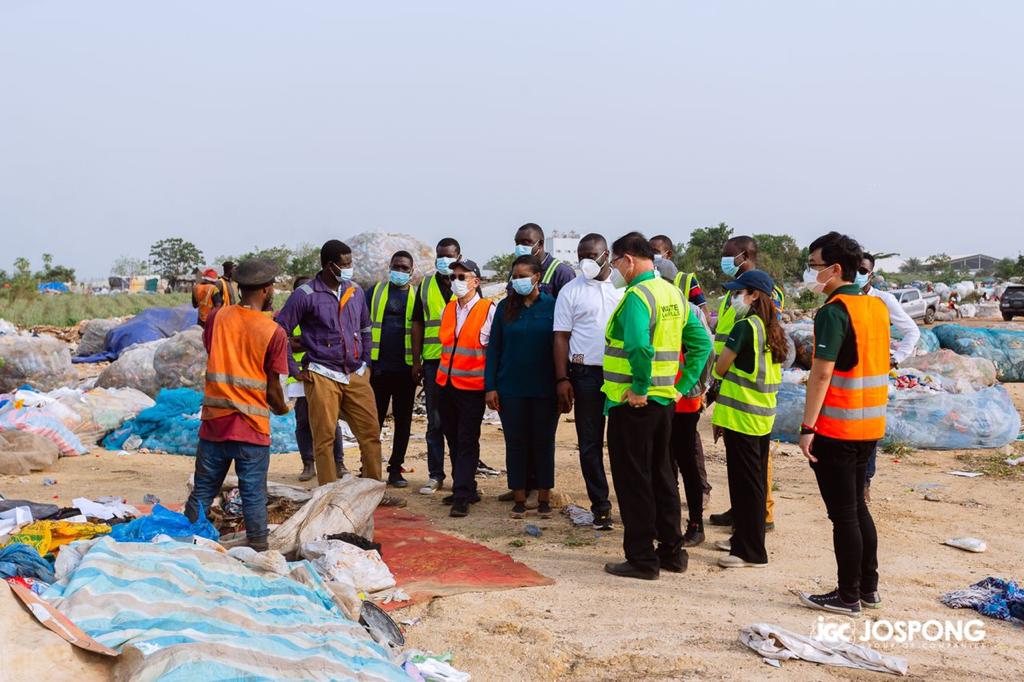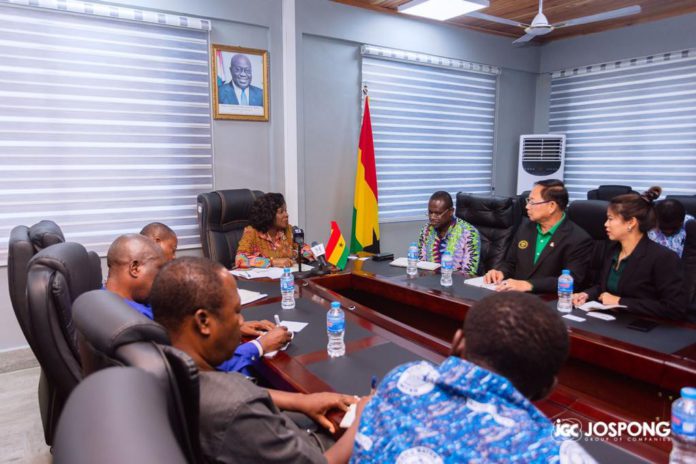The Jospong Group of Companies (JGC) and other interested private companies in Ghana’s waste management space have been urged to look at the possibility of investing in the recycling of used vehicles.
The Minister of Sanitation and Water Resources, Mrs Cecilia Abena Dapaah, made the call when she received a delegation from Wongpanit Pathong Company Limited, a leading Thailand and global waste management company, at her ministry on Friday, February 24, 2023.
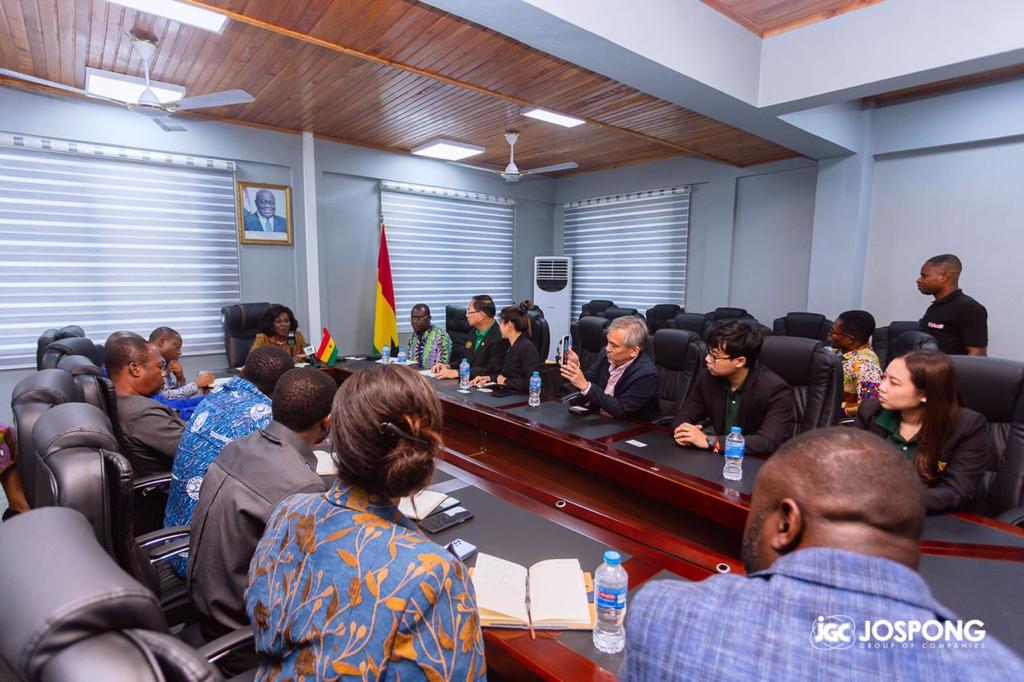
The meeting with the minister and the Wongpanit delegation, led by their President, Dr Somthai Wongcharden, was facilitated by the JGC.
According to Mrs Dapaah, recycling of used cars will be a new area for Ghana’s waste management sector, adding that it holds prospects for potential investors.
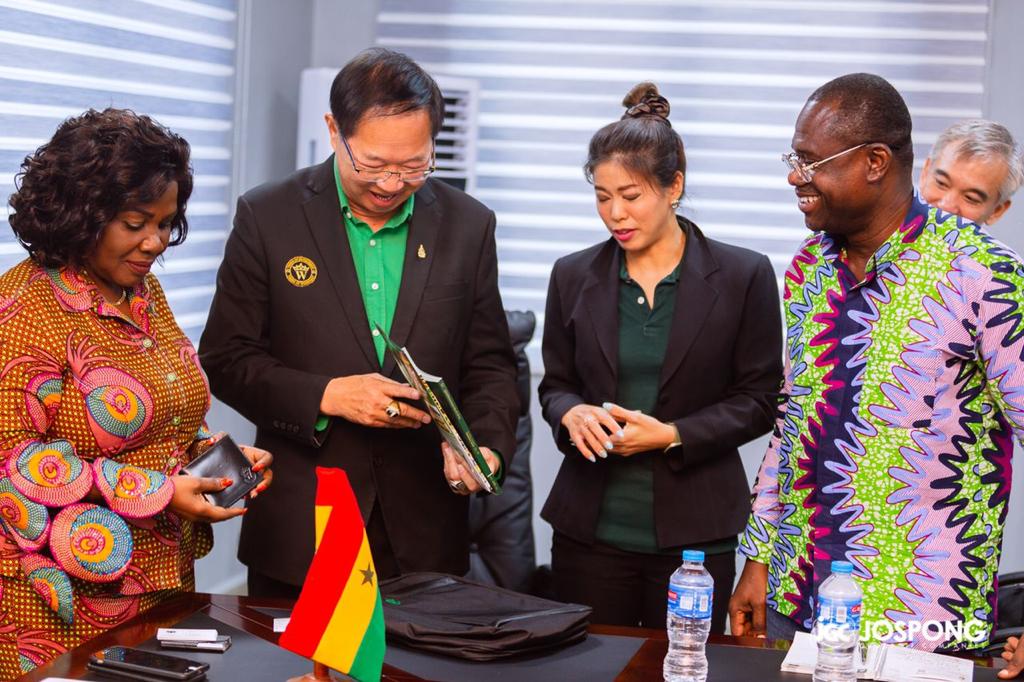
“It will be very interesting for the Jospong Group of Companies and other interested private companies to explore the possibility of investing in the recycling of used cars,” she urged.
She was very delighted that the Thailand waste management giant was into recycling of used cars and other car products including used batteries.
“We have a lot of damaged cars sitting in the police stations; a lot of used car tyres gathering mosquitoes, especially during the rainy season, and this is a very interesting area,” she said.
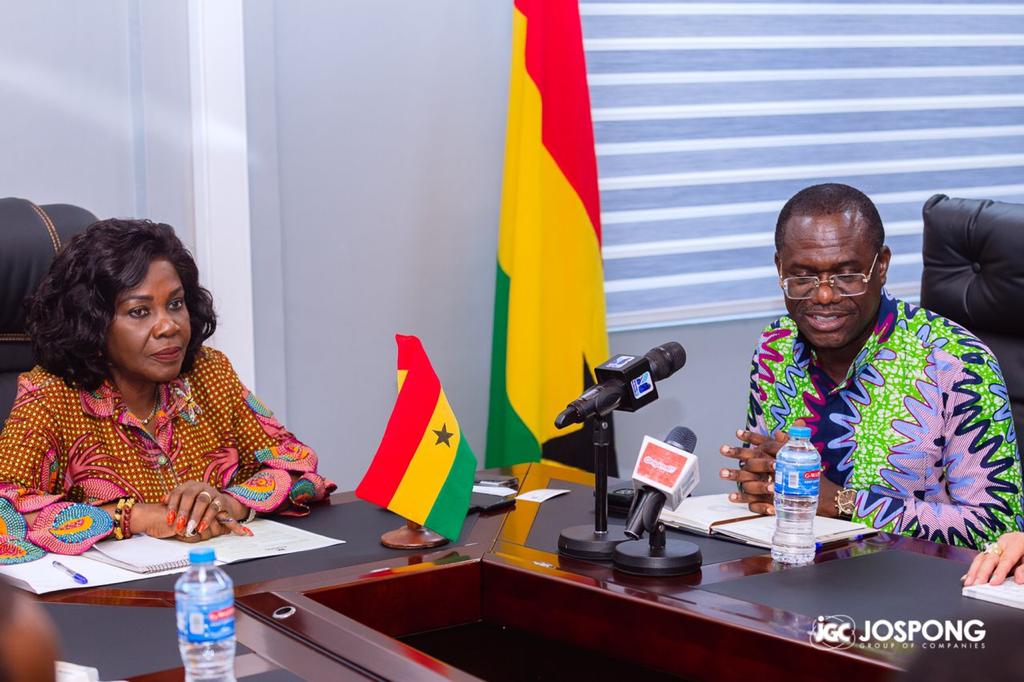
She was also happy that the Jospong Group of Companies was forging a new relationship with a global waste management company in Thailand.
“I must say that you are with the right person and the right company (making reference to Dr Siaw Agyepong and his Jospong Group of Companies),” she told the delegation.
She praised the Jospong Group of Companies for its growth in the recycling space of waste management.
“But I am sure you [Wongpanit Pathong] are older and bigger as a company so the mutual working together will be highly profitable,” she optimistically stated.
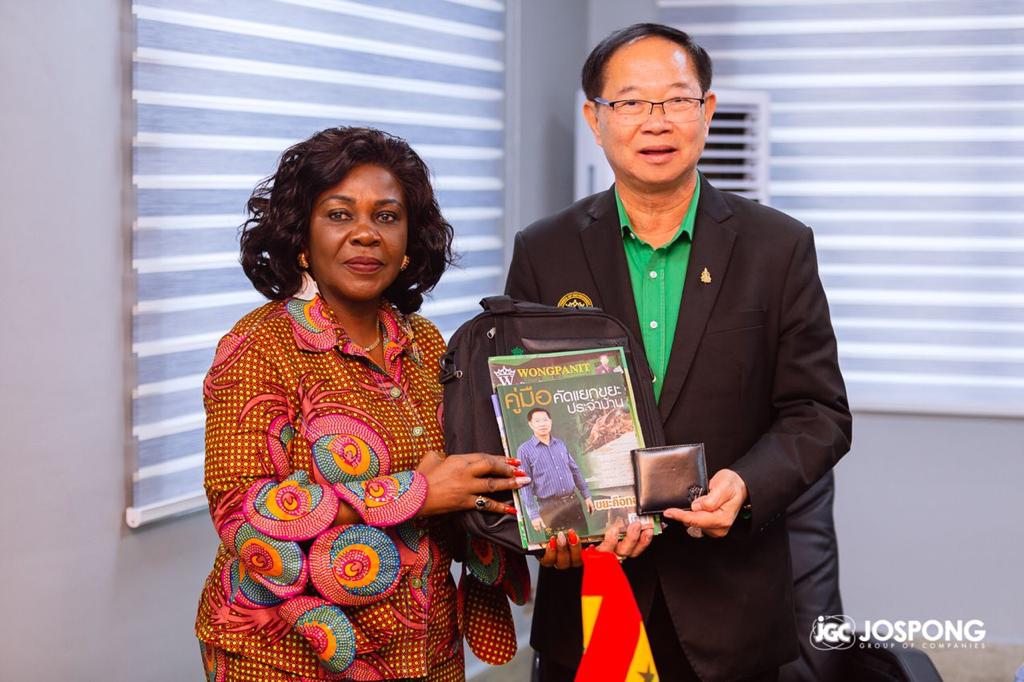
Mrs Dapaah, therefore, appealed to both foreign and local investors to come and invest in Ghana’s waste management space, underscoring that Ghana produces about 7 million tons of waste a year of which about 64% is organic.
She intimated that the collaboration between the government and the private sector was yielding “huge results.”
“…and I must say that we are on the right path,” she admitted.
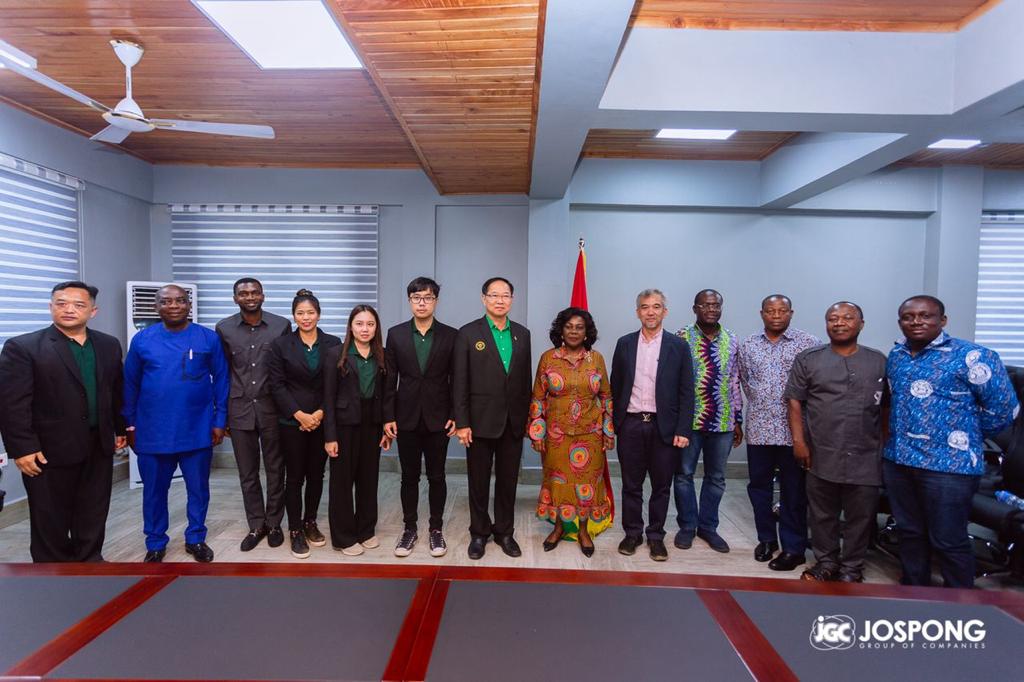
One of such major collaborations, she said, was the construction of recycle plants in all 16 regions of the country.
“And as I speak, we have 2 of 3 liquid waste management companies that are also ready. One has been commissioned and we have 2 more coming up,” Mrs Dapaah said.
These waste management facilities, she said, were made possible through the government’s collaboration with the JGC.
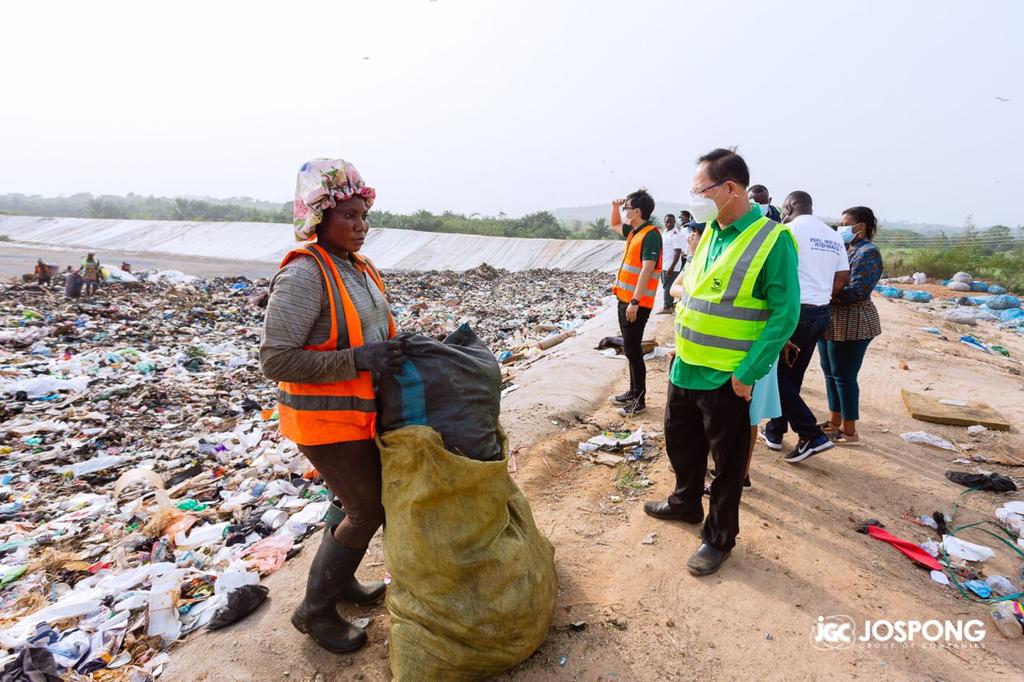
Mrs Dapaah re-affirmed the government’s policy of collaborating with the private sector to spur the country’s growth, insisting that “without the private sector we will not succeed.”
Earlier, briefing the minister on Wongpanit’s operations, the President of the Thai waste management company, Dr Somthai Wongcharden, said his company focuses mainly on recyclable materials but added that “right now we are also developing through non-recyclable waste from the municipal solid waste, so we also work on landfills.”
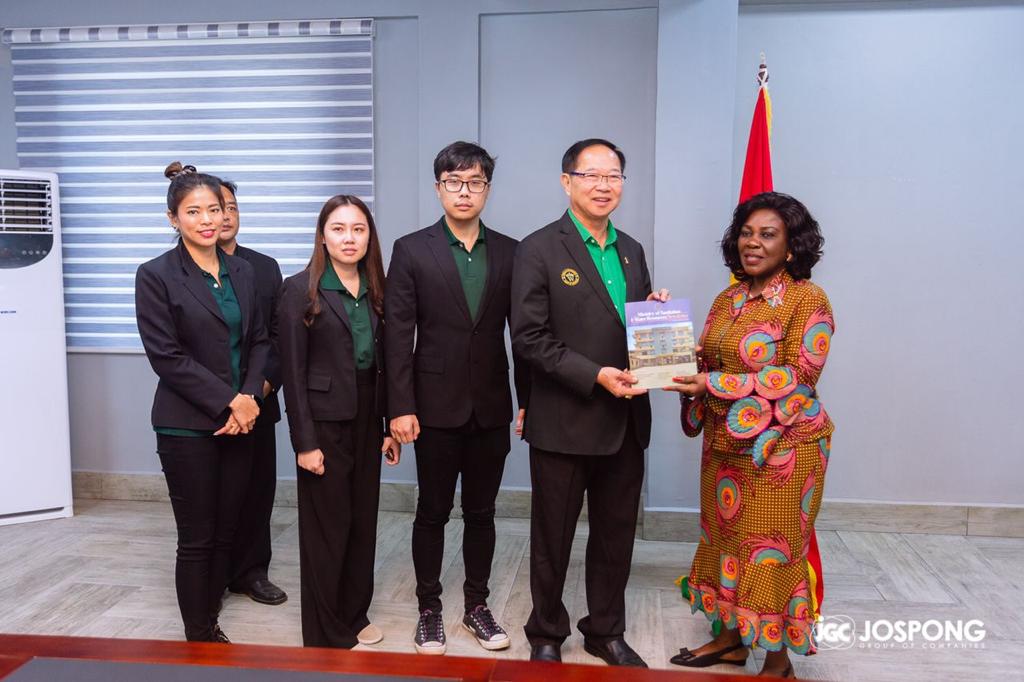
“We collect waste from various households and then transfer them to our recycle facilities,” he said.
He pointed out that a key success factor of the company was first to think of the needs of the market, then “we tailor our products and services to meet the demands of the market.”
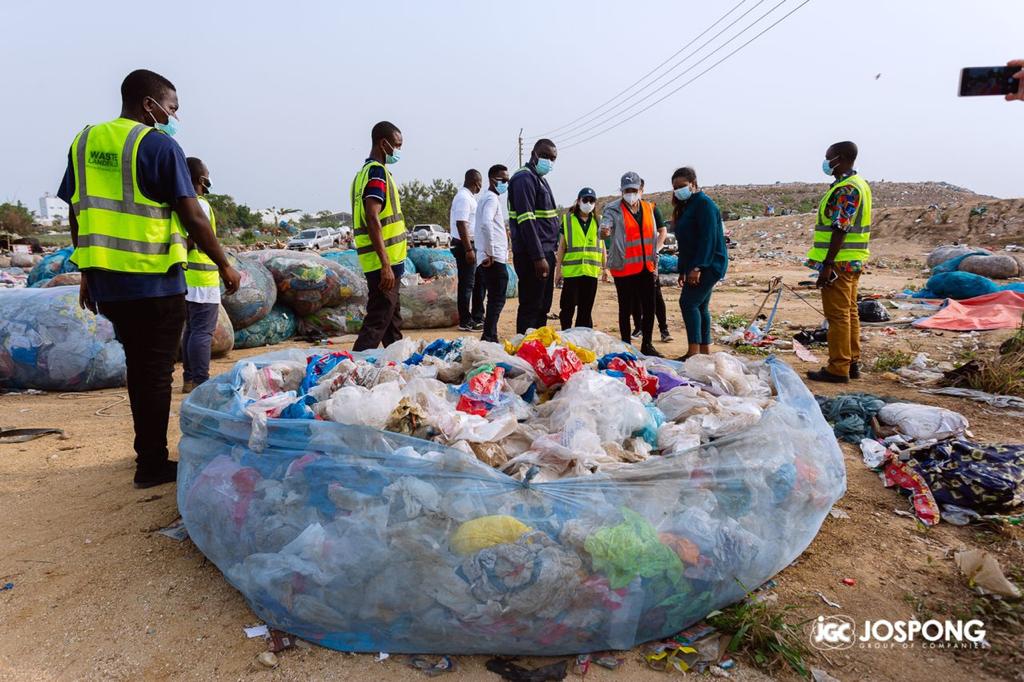
Dr Wongcharden, who spoke through an interpreter, noted further that they were into urban mining of waste, indicating that the company mines waste from the cities.
“We work as a private company but we have also connections with the government of Thailand,” he admitted.
